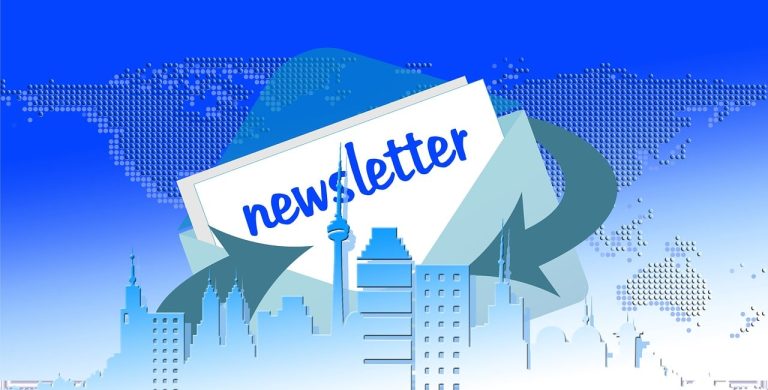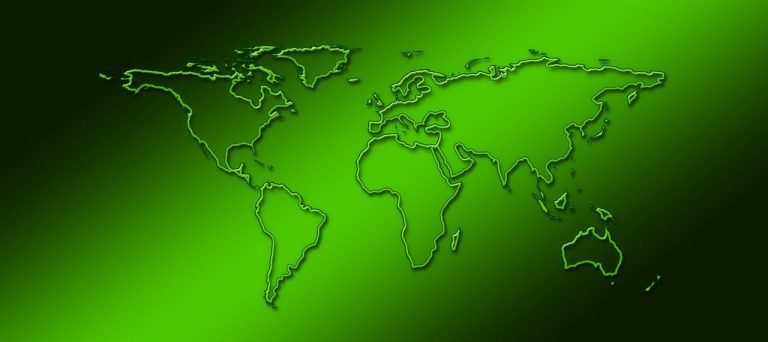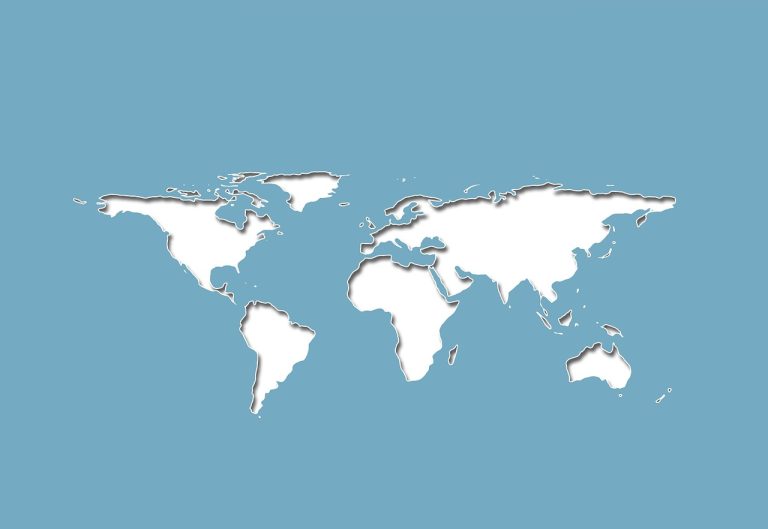
How the Recent Political Developments in the Philippines are Shaping its Democracy
The Philippines, a Southeast Asian archipelago with a rich history of colonialism, revolution, and resilience, is currently experiencing significant political transformations. These developments are influencing the fabric of its democracy, impacting governance, civil society, and international relations. This blog post explores the nuances of these political changes and their implications on the democratic landscape of the Philippines.
A Historical Context: The Roots of Philippine Democracy
Understanding the current political climate in the Philippines requires a look back at its tumultuous history. The Philippines declared independence from Spain in 1898, only to be ceded to the United States, leading to further colonial rule. After gaining full independence in 1946, the country experienced a period of democratic governance until Ferdinand Marcos declared martial law in 1972, ushering in a dictatorship that lasted until 1986.
The People Power Revolution of 1986 was a pivotal moment, restoring democracy and leading to the establishment of the 1987 Constitution, which remains the cornerstone of the country’s democratic framework. This historical backdrop is essential to understanding how recent developments are testing the resilience and adaptability of Philippine democracy.
The Rise of Populism: Duterte’s Influence
One cannot discuss recent political developments in the Philippines without mentioning the presidency of Rodrigo Duterte. Elected in 2016, Duterte’s administration has been marked by a controversial approach to governance, characterized by an aggressive war on drugs, a pivot towards China, and a strained relationship with traditional allies like the United States.
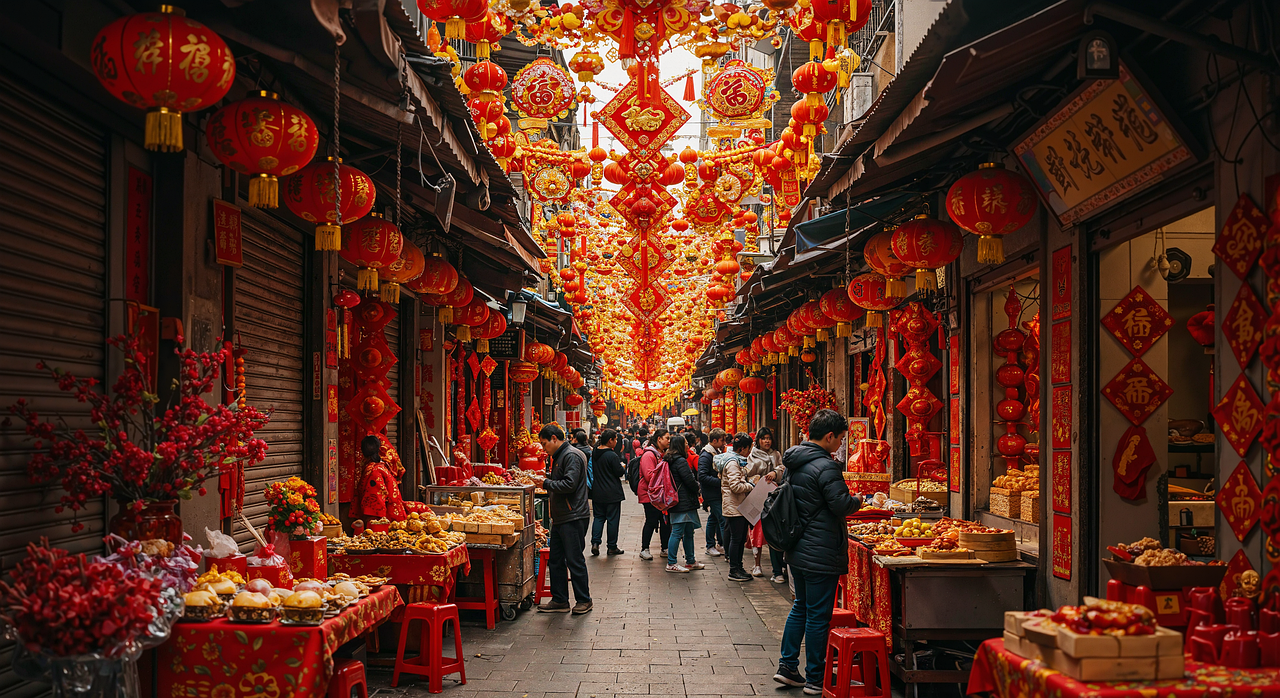
Duterte’s populist rhetoric and strongman image have resonated with many Filipinos, who see him as a decisive leader capable of addressing long-standing issues such as corruption and crime. However, his administration has also been criticized for human rights abuses, attacks on press freedom, and undermining democratic institutions, raising concerns about the erosion of democratic norms.
Recent Elections and Political Realignments
The political landscape in the Philippines has been further shaped by recent electoral developments. The 2022 presidential election saw the rise of Ferdinand “Bongbong” Marcos Jr., son of the former dictator, and Sara Duterte-Carpio, daughter of the outgoing president, forming a formidable political alliance. This tandem, known as the “UniTeam,” capitalized on the popularity of the Duterte administration and the nostalgia for the so-called “golden years” of the Marcos era.
The election results, which saw Marcos Jr. winning a landslide victory, have sparked concerns about historical revisionism and the potential return to authoritarian practices. Critics argue that the Marcos-Duterte alliance may weaken democratic checks and balances, while supporters believe it could bring stability and continuity.
Civil Society and the Role of Media
In the face of these political changes, civil society and the media play crucial roles in safeguarding democracy. The Philippines boasts a vibrant civil society, with numerous organizations advocating for human rights, environmental protection, and social justice. These groups have been instrumental in holding the government accountable and promoting democratic values.
However, under the Duterte administration, media outlets have faced significant challenges. The closure of ABS-CBN, one of the country’s largest media networks, and the harassment of journalists like Maria Ressa, co-founder of Rappler, highlight the threats to press freedom. Despite these challenges, the media continues to be a critical watchdog, providing a platform for dissent and fostering public discourse.

International Relations and Foreign Policy Shifts
Recent political developments in the Philippines have also impacted its foreign policy. Under Duterte, the Philippines adopted a more independent foreign policy, distancing itself from the United States and strengthening ties with China and Russia. This shift has been controversial, given longstanding territorial disputes in the South China Sea and concerns over China’s influence in the region.
With the new administration, it remains to be seen whether these foreign policy shifts will continue or if there will be a recalibration towards more traditional alliances. The international community is closely monitoring these developments, as they have significant implications for regional security and economic partnerships.
The Role of Technology in Political Engagement
Technology and social media have become powerful tools in shaping political engagement in the Philippines. Platforms like Facebook and Twitter have been instrumental in mobilizing voters, spreading information, and facilitating political discourse. However, they have also been used to disseminate misinformation and amplify political propaganda.
The challenge lies in harnessing the positive potential of technology while mitigating its negative impacts. Efforts to promote digital literacy and fact-checking initiatives are crucial in ensuring that technology contributes positively to democratic processes.
Challenges and Opportunities for Philippine Democracy
The recent political developments in the Philippines present both challenges and opportunities for its democracy. On one hand, there are concerns about the concentration of power, the erosion of democratic institutions, and the potential rollback of freedoms. On the other hand, these developments provide an opportunity for Filipinos to engage in meaningful political discourse and advocate for reforms that strengthen democratic governance.

Grassroots movements, youth activism, and civil society initiatives are pivotal in addressing these challenges. By fostering a culture of active citizenship, Filipinos can work towards a more inclusive and participatory democracy.
Conclusion: The Future of Philippine Democracy
The political landscape in the Philippines is at a crossroads, with recent developments shaping the trajectory of its democracy. While challenges abound, there is also a resilient spirit among Filipinos committed to upholding democratic values and principles.
The future of Philippine democracy will depend on the collective efforts of its citizens, government, and civil society to navigate these complexities and build a more just and equitable society. As the nation moves forward, it is essential to remain vigilant and proactive in safeguarding the democratic ideals that countless Filipinos have fought for throughout history.
For more in-depth analysis, readers can explore resources from institutions like the Council on Foreign Relations and the Carnegie Endowment for International Peace, which provide valuable insights into the region’s political dynamics.
Engaging the Youth: A Beacon of Hope
The youth of the Philippines represent a significant demographic with the potential to shape the future of its democracy. With over half of the population under the age of 25, the engagement and participation of young Filipinos in the political process are crucial. This generation is tech-savvy, informed, and increasingly vocal about issues such as climate change, social justice, and governance.

Organizations and movements led by young people have been at the forefront of advocating for change. Initiatives such as voter education campaigns and volunteer groups have mobilized the youth to participate actively in elections and policy discussions. The challenge remains to maintain this momentum and ensure that young voices continue to be heard in the political arena.
Education plays a vital role in this endeavor. By integrating civic education into school curricula, the Philippines can empower its youth with the knowledge and skills needed to engage in democratic processes effectively. Encouraging critical thinking and fostering a sense of responsibility towards national development are key components of nurturing future leaders.
Decentralization and Local Governance
Decentralization of power has been a significant aspect of political reform in the Philippines, aimed at improving governance and service delivery at the local level. The Local Government Code of 1991 was a landmark piece of legislation that granted greater autonomy to local government units (LGUs), enabling them to address the specific needs of their communities more efficiently.
While decentralization has led to some positive outcomes, such as increased local participation and innovation, challenges remain. Issues of corruption, patronage politics, and uneven development persist, highlighting the need for continued reforms and capacity building at the local level. Strengthening local governance is essential for responsive and accountable leadership that truly reflects the needs of the people.
For a deeper understanding of decentralization’s impact, resources from organizations like the Asia Foundation provide comprehensive insights into local governance dynamics in the Philippines.
Judiciary and Rule of Law
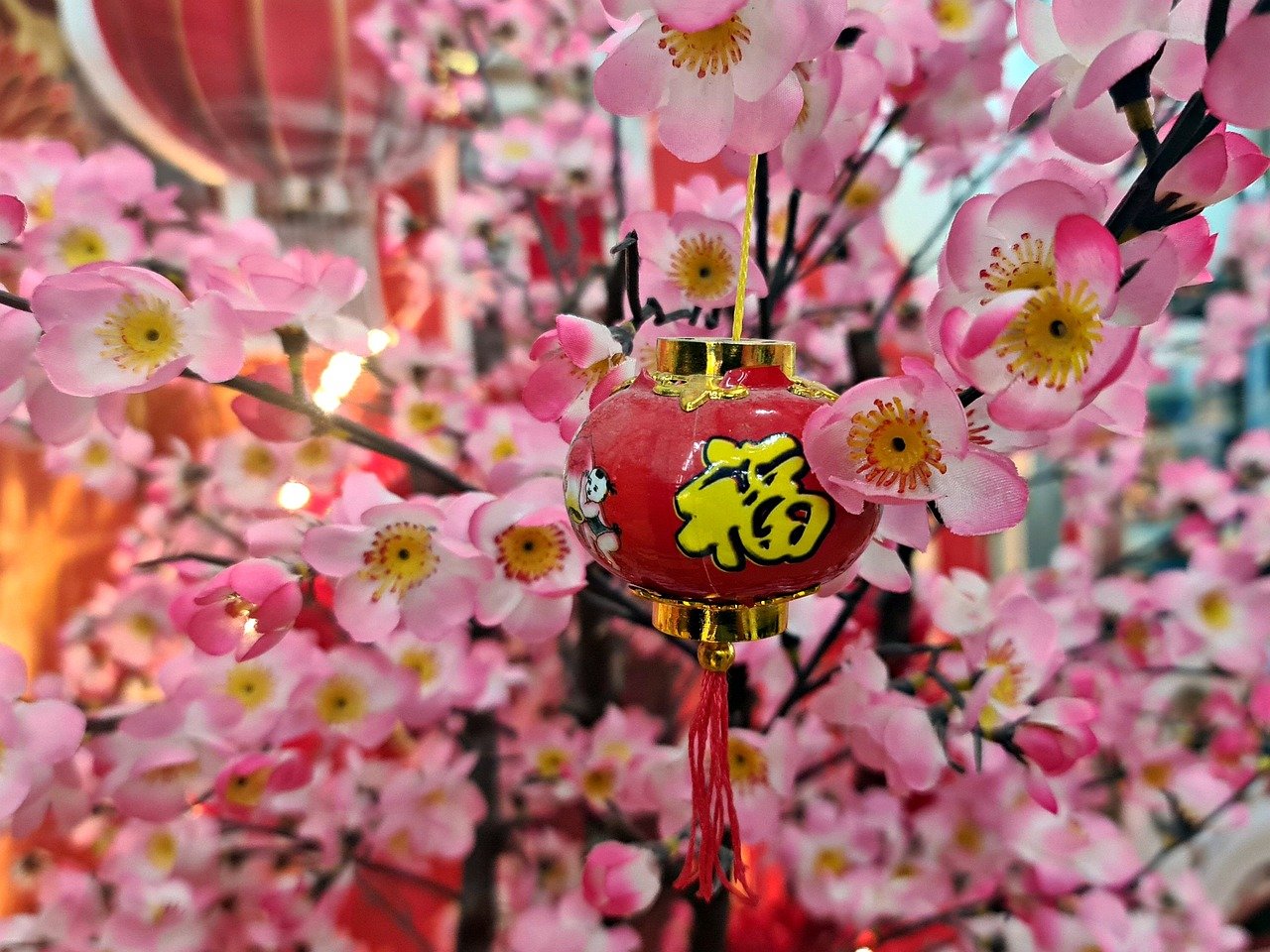
The judiciary is a cornerstone of democracy, tasked with upholding the rule of law and protecting citizens’ rights. In the Philippines, the judiciary has faced criticism over issues of independence, efficiency, and access to justice. Controversial decisions, allegations of corruption, and a backlog of cases have undermined public confidence in the judicial system.
Recent political developments have brought renewed attention to the judiciary’s role in maintaining democratic order. Efforts to reform the judicial system, such as improving transparency, increasing accountability, and modernizing legal processes, are critical to restoring faith in this essential institution.
The role of the judiciary in safeguarding democracy is complex and multifaceted. Continued vigilance and reform are necessary to ensure that the rule of law prevails and that justice is accessible to all Filipinos.
Looking Ahead: A Path Towards Resilience
As the Philippines navigates its current political landscape, resilience remains a guiding principle for its democracy. The challenges faced today are not insurmountable, and the country’s history of overcoming adversity serves as a testament to its enduring spirit.
Moving forward, fostering inclusive political dialogue, promoting transparency and accountability, and strengthening democratic institutions are essential steps towards a resilient democracy. By embracing diversity, engaging citizens, and prioritizing the common good, the Philippines can build a future that honors its democratic ideals.
Engagement with international partners and adherence to global democratic standards can also provide valuable support in this journey. Organizations like the International Institute for Democracy and Electoral Assistance (IDEA) offer resources and support for countries striving to enhance their democratic frameworks.
Ultimately, the strength of Philippine democracy lies in the hands of its people. By actively participating in the democratic process and advocating for positive change, Filipinos can shape a future that reflects their aspirations and values. The path may be challenging, but with determination and unity, the Philippines can continue to evolve as a vibrant and resilient democracy.



